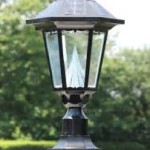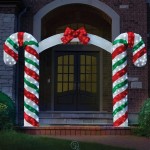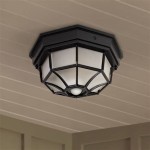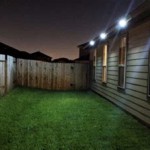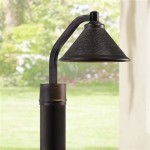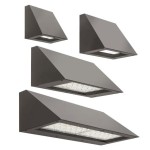Best Rope For Outdoor Fence: A Comprehensive Guide
When you need a robust and long-lasting fence for your outdoor space, rope fencing is an excellent option. It offers a unique and attractive aesthetic while being highly adaptable to various environments and applications. But with numerous rope types available, choosing the best rope for your outdoor fence can feel daunting. This article aims to provide you with a comprehensive guide, exploring different rope types, their suitability for outdoor fences, and key factors to consider when making your selection.
Key Considerations for Rope Fence Construction
Before diving into specific rope types, it's essential to understand the factors influencing your rope choice for outdoor fence construction. These factors will determine the longevity, strength, and overall effectiveness of your fence:
- Fence Purpose: Are you looking for a decorative fence to define boundaries, a sturdy fence for livestock, or a protective fence for a garden or play area?
- Climate: Consider the weather conditions your fence will endure. Rope exposed to harsh sun, rain, and extreme temperatures requires specific properties to resist degradation.
- Aesthetic Preferences: Rope comes in various colors, textures, and thicknesses, allowing you to choose a style that complements your landscaping or home.
- Budget: Rope materials vary significantly in price. Determine your budget and choose a rope that offers the best value for your needs.
Popular Rope Types for Outdoor Fences
Now, let's delve into the most common rope types used for outdoor fences:
1. Polypropylene Rope
Polypropylene rope, also known as PP rope, is a popular choice for outdoor fences due to its affordability, durability, and resistance to water and UV rays. It is lightweight, easy to handle, and comes in various colors. The smooth surface of polypropylene rope can be a disadvantage, as it may not offer the best grip for climbing or holding heavy objects.
2. Nylon Rope
Nylon rope is renowned for its strength, elasticity, and abrasion resistance. It is a versatile option suitable for various fence types, including those requiring high tensile strength. However, nylon can be susceptible to UV degradation if not treated with UV inhibitors. This is why many outdoor fences use UV-stabilized nylon rope.
3. Polyester Rope
Polyester rope offers a good balance of strength and durability. It is also resistant to moisture and UV degradation. Its ability to hold its shape well makes it a good choice for fences that need to maintain a specific form. Polyester rope tends to be more expensive than polypropylene or nylon.
4. Natural Fiber Rope
Natural fiber ropes, such as sisal, hemp, and jute, add a rustic charm to outdoor fences. They are biodegradable and eco-friendly, making them a sustainable choice. However, these ropes are less durable than synthetic ones and require more maintenance to prevent rotting or deterioration.
Factors to Consider When Choosing Rope for Your Fence
Once you've explored various rope types, consider the following factors before making your final decision:
1. Rope Diameter and Strength
The diameter of your rope determines its strength and how well it can withstand tension. For a sturdy fence, choose a rope with a diameter suitable for the intended use. For heavier loads, consider a thicker rope. The strength of the rope is measured in kilograms or pounds per square inch (psi).
2. UV Resistance and Weatherproofing
Outdoor fences are exposed to various weather conditions. Choosing a rope with excellent UV resistance and weatherproofing properties is crucial. UV-stabilized ropes are treated to resist degradation from sunlight, while weatherproof ropes can withstand rain, snow, and other elements.
3. Knot Strength
Knot strength is critical for rope fences, as they rely on knots for stability and support. Certain rope types are more prone to knot slippage than others. Ensure you choose a rope with good knot strength for a secure and stable fence.
Remember that using the appropriate knots for your rope type and fence construction is essential. Refer to reliable sources and tutorials to learn proper knotting techniques.
4. Maintenance Requirements
Different rope types require varying degrees of maintenance. Synthetic ropes generally require less maintenance than natural fibers. Regular cleaning and inspections can help prolong the life of your rope fence.

Garden Rope Fence Ideas How To Build One Today Ropes Direct

Decking Rope Which Is Best Ropelocker Blog

Garden Rope Fence Ideas How To Build One Today Ropes Direct

Decking Rope Which Is Best Ropelocker Blog

Garden Rope Fence Ideas How To Build One Today Ropes Direct

Top 5 Ways To Use Commercial Polyester Rope Netting Amazulu

Coastal Nautical Fence Ideas Rope Deck Borders Caps More

Rope Fence Garden Fencing Farmhouse

Diy Coastal Rope Garden Border H2obungalow

Decking Rope Which Is Best Ropelocker Blog
Related Posts

